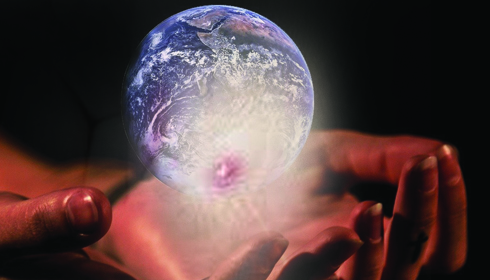
Global Mpox Fight Boosted by WHO's LC16m8 Vaccine Approval
The World Health Organisation (WHO) has approved the LC16m8 vaccine for mpox under its Emergency Use Listing (EUL), a significant step towards increasing global access to vaccinations against the viral disease. The action is in response to rising mpox cases in several places and the urgent necessity for effective immunisation programs.
Dr. Tedros Adhanom Ghebreyesus, WHO Director-General, applauded the inclusion of LC16m8 in the EUL, saying, "The introduction of the LC16m8 vaccination signals substantial progress in our ability to respond to mpox epidemics. It offers governments an important tool for protecting their populations and slowing the spread of this illness."
Japan developed the LC16m8 vaccine, a modified vaccinia Ankara (MVA) vaccine originally intended to protect against smallpox. Because of its close similarity to the smallpox virus, clinical trials have demonstrated that it is effective against mpox. The vaccine is particularly notable for its safety profile, making it appropriate for a broader population, including immunocompromised persons.
The EUL license enables governments to expedite regulatory processes and start deploying the vaccine during emergencies. It also demonstrates confidence in the vaccine's quality, safety, and efficacy, which are based on rigorous WHO assessment standards.
Mpox, formerly known as monkeypox, has caused outbreaks in several locations, with cases frequently concentrating in impoverished groups with inadequate access to healthcare. The inclusion of LC16m8 in the EUL to aid the global response by addressing vaccine shortages and facilitating equitable distribution.
Dr. Sylvie Briand, WHO Director of Epidemic and Pandemic Preparedness and Prevention, stated: "The Emergency Use Listing of LC16m8 demonstrates our commitment to ensuring that all nations, regardless of income, have access to important health tools to combat epidemics. This vaccination will help save lives and prevent transmissions.
WHO collaborates with governments, vaccine manufacturers, and international partners to prioritize vaccination distribution in high-risk areas. The organization has emphasized the need for complete outbreak responses, such as vaccinations, public awareness campaigns, and increased surveillance.
WHO also encourages countries to incorporate mpox vaccine efforts into their existing immunisation programs to improve delivery and coverage.
WHO has reiterated that ensuring fair access to the LC16m8 vaccination. Low- and middle-income countries (LMICs) are expected to get priority support from global efforts like COVAX.
"Global solidarity is key to ensuring that vaccines reach those who need them the most," said Tedros, the doctor. "We urge all stakeholders to work together to make this vaccine widely available."
The inclusion of LC16m8 in the Emergency Use Listing is expected to improve global health defenses against mpox, allowing countries to respond effectively to present and future outbreaks.
The UN Health Agency said that it continues to monitor the changing mpox situation and remains committed to assisting countries with vaccine efforts and broader outbreak control tactics.